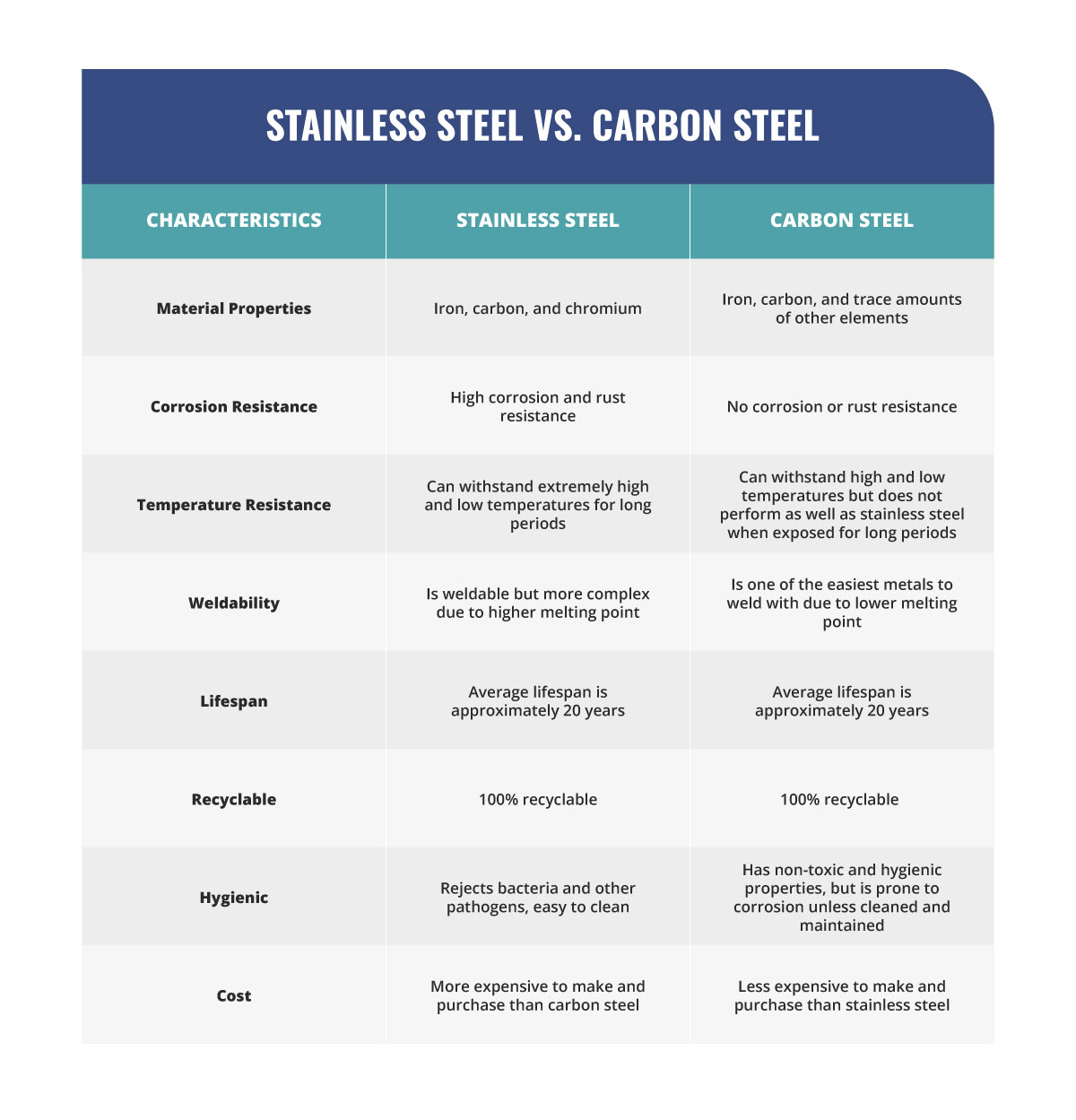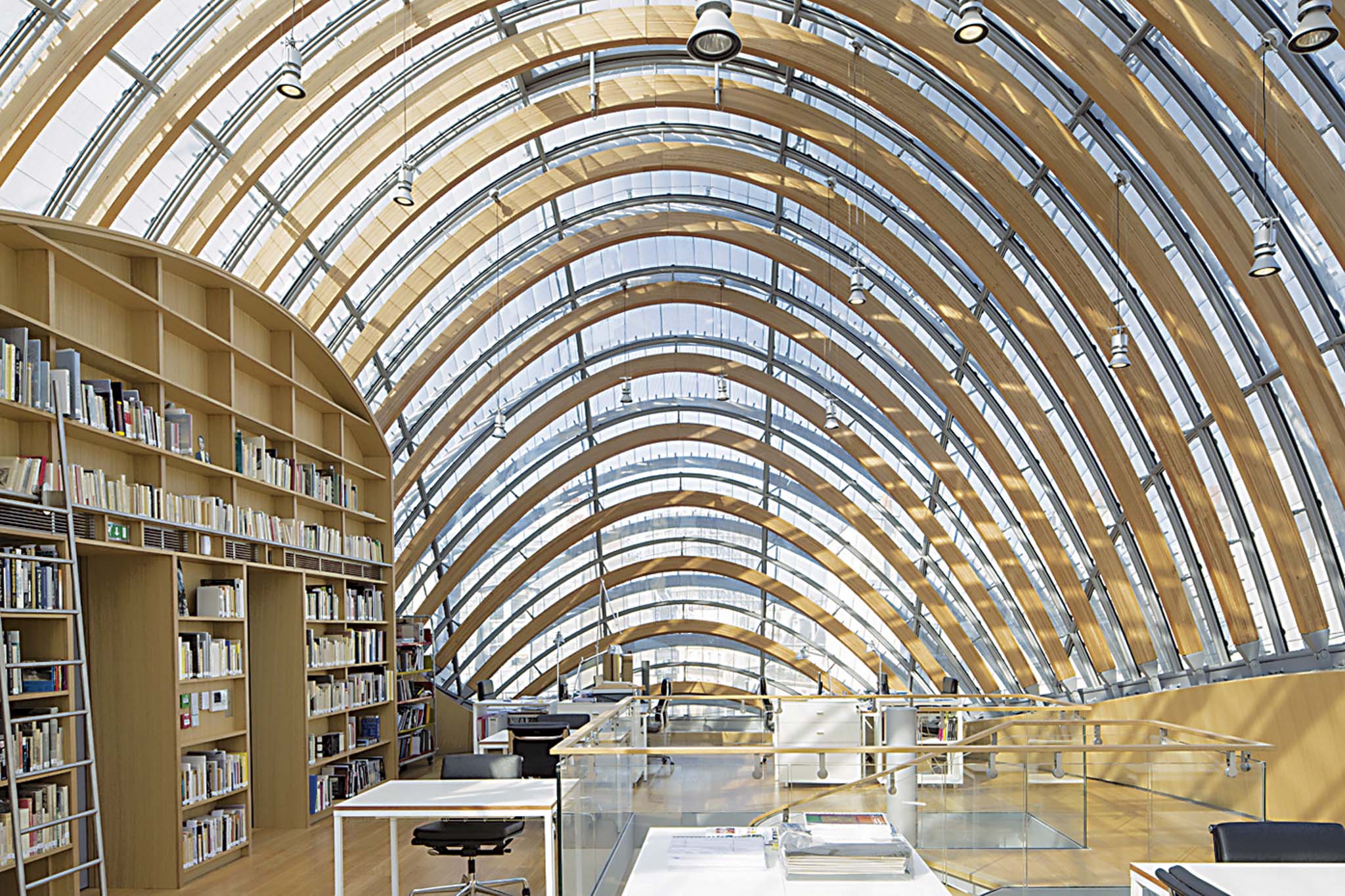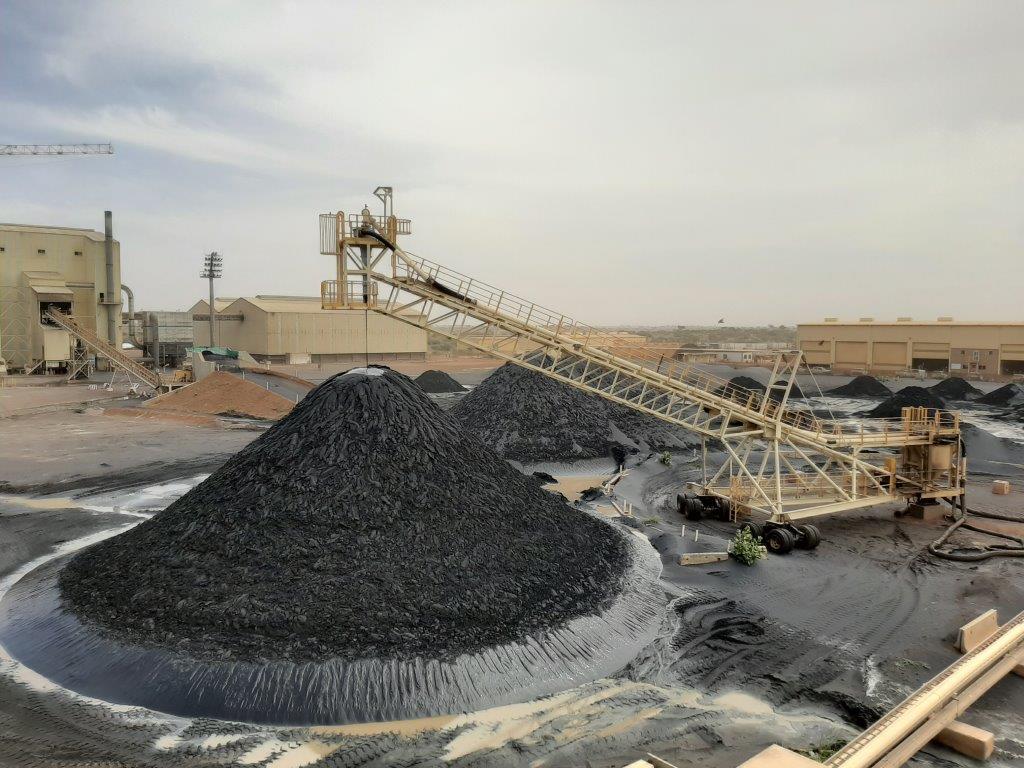Decarbonizing Steel: Eramet's EraLow Low-CO2 Manganese Alloy

Table of Contents
Understanding the Need for Decarbonizing Steel Production
The urgency to decarbonize steel production is undeniable. The industry's carbon footprint is immense, accounting for a considerable percentage of global greenhouse gas emissions. Traditional blast furnace-based steelmaking, reliant on coking coal, generates significant CO2 emissions throughout the process, from iron ore reduction to steel refining. This heavy reliance on fossil fuels directly contributes to global warming and climate change.
Furthermore, increasingly stringent environmental regulations and growing consumer demand for sustainable products are pushing the steel industry towards a low-carbon future. Governments worldwide are implementing carbon taxes and emission reduction targets, making sustainable steel production not just environmentally responsible, but also economically necessary. Manganese alloys play a crucial role in steelmaking, influencing its properties and quality. Therefore, reducing the environmental impact of manganese alloy production is critical to achieving overall decarbonization goals.
- Traditional steelmaking processes rely heavily on fossil fuels, primarily coking coal.
- CO2 emissions from steel production contribute significantly to global warming and climate change.
- Stringent environmental regulations, including carbon pricing mechanisms, are pushing for lower-carbon steel production.
- The demand for sustainable and green steel, often termed "green steel," is rapidly growing among environmentally conscious consumers and businesses.
Introducing Eramet's eraLow Low-CO2 Manganese Alloy: A Technological Breakthrough
Eramet's eraLow Low-CO2 Manganese Alloy represents a significant technological advancement in sustainable steelmaking. Its innovative production process dramatically reduces the carbon footprint compared to traditional manganese alloys. This reduction is achieved through a combination of optimized energy efficiency measures and the utilization of renewable energy sources wherever possible. The alloy's unique composition further enhances its environmental performance, contributing to reduced emissions during the steelmaking process itself.
Unlike traditional manganese alloys, eraLow offers superior environmental performance without compromising on quality or performance. Independent life cycle assessments (LCAs) consistently confirm eraLow's significantly lower CO2 emissions compared to conventional alternatives. This makes eraLow a crucial component in the transition towards low-carbon and green steel.
- eraLow utilizes a significantly reduced amount of fossil fuels in its production compared to traditional methods.
- The alloy's unique composition enhances steel's properties, such as strength and durability, without increasing emissions.
- Independent life cycle assessments (LCAs) confirm eraLow's significantly lower CO2 emissions.
- The alloy’s production incorporates renewable energy sources whenever feasible, minimizing its carbon footprint further.
Benefits of Using eraLow Low-CO2 Manganese Alloy in Steelmaking
The advantages of using eraLow extend beyond its environmental benefits. Adopting eraLow offers steel manufacturers significant economic advantages. The reduced carbon footprint translates to lower carbon taxes and increased compliance with stringent environmental regulations, mitigating potential financial penalties. Furthermore, the use of eraLow enhances a company's brand image, attracting environmentally conscious customers who value sustainability.
Moreover, eraLow contributes to improved steel quality and performance. Its unique composition results in enhanced mechanical properties, leading to stronger and more durable steel products. This ultimately translates to increased efficiency and cost savings in downstream applications.
- Reduced carbon footprint leading to lower carbon taxes and improved brand image, enhancing market competitiveness.
- Enhanced steel properties, including improved strength and durability, leading to better performance and cost savings.
- Compliance with increasingly stringent environmental regulations, reducing the risk of penalties and ensuring long-term sustainability.
- Attracts environmentally conscious customers, enhancing market share and profitability.
Eramet's Commitment to Sustainable Steel Production
Eramet's commitment to sustainable steel production extends far beyond the development of eraLow. The company has a comprehensive sustainability strategy that encompasses all aspects of its operations, aiming for significant CO2 emission reductions across its entire value chain. This commitment involves continuous investment in research and development of green technologies and active collaboration with partners throughout the steel industry.
Eramet actively engages in partnerships to facilitate the seamless integration of eraLow into steelmaking processes. The company's transparency regarding its environmental performance and sustainability goals further strengthens its credibility and fosters trust within the industry. Eramet envisions a future where sustainable practices are the norm, and its efforts are a significant step towards realizing a fully decarbonized steel industry.
- Eramet’s significant investment in research and development for green technologies, including sustainable manganese alloy production.
- Partnerships with steel producers globally to facilitate the swift and efficient adoption of eraLow in their operations.
- Eramet’s transparency regarding its environmental performance and sustainability goals, fostering trust among stakeholders.
- Long-term vision for a fully decarbonized steel industry, driving innovation and collaboration within the sector.
Conclusion
Eramet's eraLow Low-CO2 Manganese Alloy offers a compelling solution for decarbonizing the steel industry. Its significantly reduced carbon footprint, coupled with enhanced steel properties and economic benefits, makes it an attractive alternative to traditional manganese alloys. By adopting eraLow, steel manufacturers can meet stringent environmental regulations, enhance their brand image, and contribute to a greener future. The transition to sustainable steel production is not merely an environmental imperative; it’s a strategic necessity for the long-term success of the steel industry.
Learn more about how Eramet's eraLow Low-CO2 Manganese Alloy can help your company achieve its decarbonization goals and contribute to a sustainable steel future. Contact us today to explore the possibilities of sustainable steel production and discover how eraLow can transform your operations.

Featured Posts
-
 Cinema Et Nuit Des Musees 2025 Rendez Vous A La Fondation Seydoux Pathe
May 14, 2025
Cinema Et Nuit Des Musees 2025 Rendez Vous A La Fondation Seydoux Pathe
May 14, 2025 -
 Ohtanis 6 Run 9th Inning Key To Dodgers Dramatic Comeback Win
May 14, 2025
Ohtanis 6 Run 9th Inning Key To Dodgers Dramatic Comeback Win
May 14, 2025 -
 Nuit Des Musees 2025 Explorez Le Cinema A La Fondation Seydoux Pathe
May 14, 2025
Nuit Des Musees 2025 Explorez Le Cinema A La Fondation Seydoux Pathe
May 14, 2025 -
 Inlichtingen Over Nederlander Bayerns Dure Zoektocht
May 14, 2025
Inlichtingen Over Nederlander Bayerns Dure Zoektocht
May 14, 2025 -
 Eramet Grande Cote Transparence Et Gestion Des Plaintes Aupres Des Communautes Locales
May 14, 2025
Eramet Grande Cote Transparence Et Gestion Des Plaintes Aupres Des Communautes Locales
May 14, 2025
